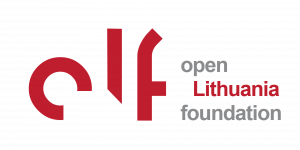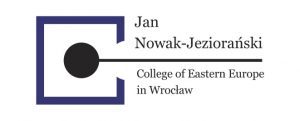Think Tank
Visegrad Insight Breakfasts
Event: Visegrad Insight Breakfast – Europe’s economic security
30 January 2025
21 April 2021
A public debate on media and civil society renewal in CEE in the face of democratic backsliding in the region.
The discussion was dedicated to the CEE media and civil society response to the democratic backsliding threats. In particular, it touched upon the potential of media projects restarting in the digital age, a new generation of civil society actors, as well as reflected on the role of memory in shaping the future of civil society.
The event also related to two Visegrad Insight reports: “Rethinking the Democratic Future” and “Information Sovereignty. Scenarios for Central Europe“.
Guest speakers:
Moderated by: Wojciech Przybylski, Editor-in-Chief of Visegrad Insight
I see repressive governments and repressive regimes being repressive because they know what will happen if they do not take repressive measures. They are pushing against the tide of history – Thomas J. Kent
In the past year, independent outlets and social media established a virtual monopoly over people’s minds. The majority of Belarusians turned away from state media that spread lies and falsehoods – Hanna Liubakova
The single most optimistic aspect of media these days is that it is getting very transnational and the truth always comes out if not through one medium, through another – Thomas J. Kent
Belarusian society is atomised, so what Telegram did and what social media did was strengthen those horizontal links between the people. Lukashenko has been successfully destroying these links – Hanna Liubakova
After 2010, when Fidesz came to power, a lot of brilliant experts were squeezed out from the public administration and they found their place partly in the academics and partly in the civil society – Ágnes Urbán
The crowdfunding of media really increased the polarization in the sense that communities are built around media brands. The passive audience becomes an active community – Ágnes Urbán
The big strategic question for democratic forces: do we want a really tough pro-democracy ally that takes the gloves off or do we think that ultimately that is worse for society and that reasonableness will win if we stay reasonable – Thomas J. Kent
The discussion is part of the online conference “Rethinking the Democratic Future: Lessons from the 20th Century” organized by the Open Lithuania Foundation (OLF) in partnership with the Res Publica Foundation/Visegrad Insight and Jan Nowak-Jezioranski College of Eastern Europe/New Eastern Europe within Rethinking the Democratic Future project.
Video summary of the conference:
Our partners:



Project supported by: